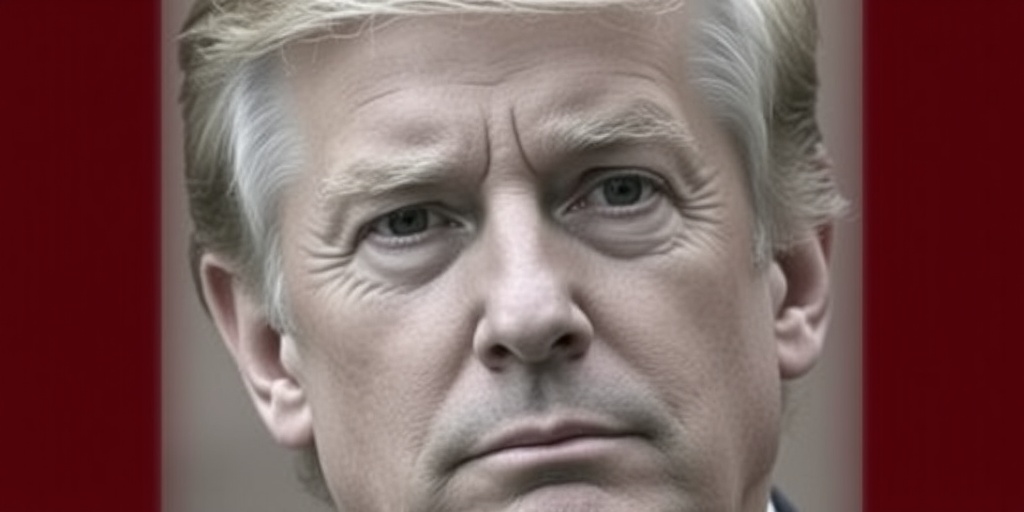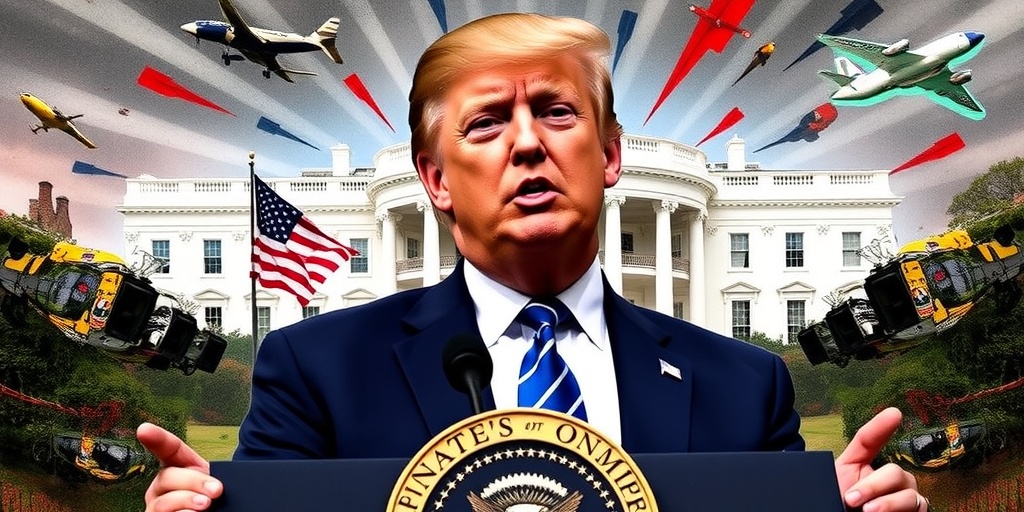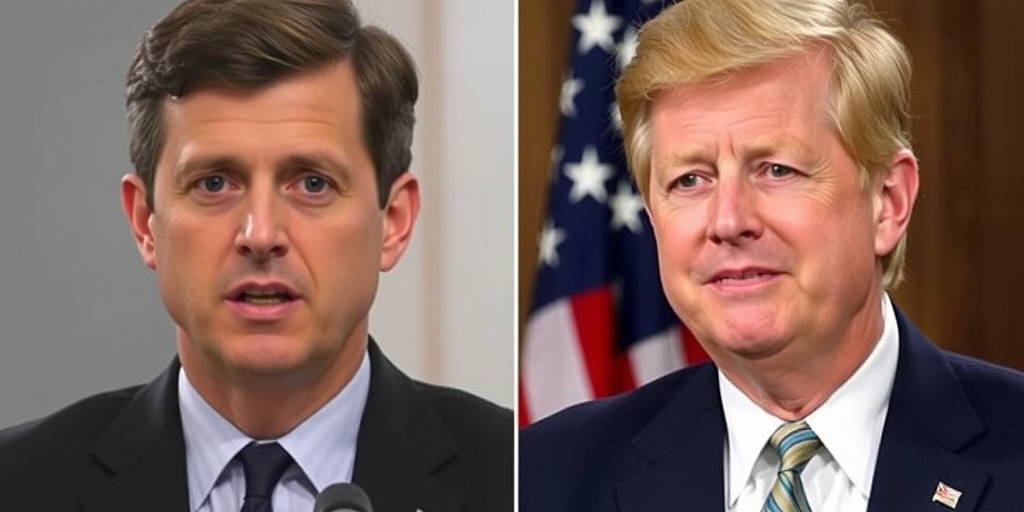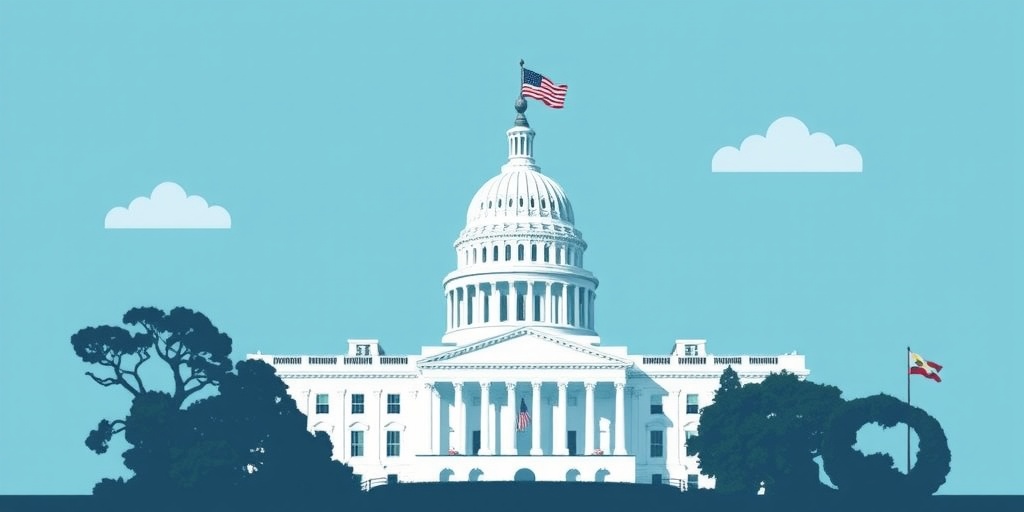Now Reading: Senate Questionnaire Reveals Early Life of F.B.I. Nominee
-
01
Senate Questionnaire Reveals Early Life of F.B.I. Nominee
Senate Questionnaire Reveals Early Life of F.B.I. Nominee
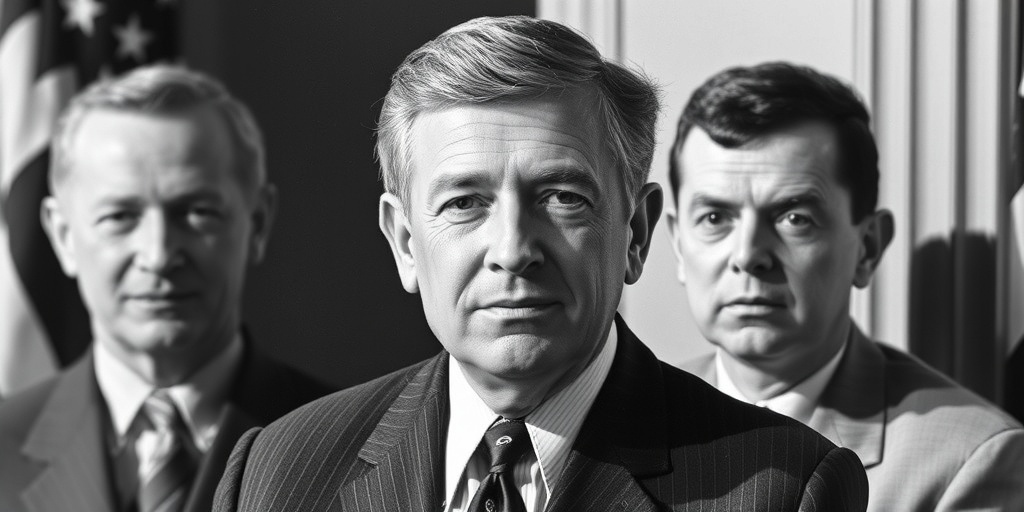
Kash Patel: The FBI Nominee Whose Past Raises Questions
Kash Patel, a prominent figure in former President Donald Trump’s administration, has recently come under scrutiny as he steps into the spotlight for his nomination to run the Federal Bureau of Investigation (FBI). Fresh revelations from a 24-page questionnaire submitted to the Senate Judiciary Committee reveal surprising aspects of Patel’s life and career, including legal work for individuals involved in serious crimes and his participation in programs advocating for diversity and inclusion.
Legal Background Involving Controversial Cases
In documents provided to lawmakers, Patel, 44, described his legal experience that includes defending crack dealers, gun runners, and even securing the dismissal of charges against an alleged human trafficker. This particular case in 2013 involved a man accused of trafficking 17 victims, three of whom were minors, from an unnamed foreign country. Such connections have led many to question the implications of his legal past as he aims for one of the highest law enforcement positions in the country.
Adding to the intrigue is Patel’s acknowledgment of his participation in the American Bar Association’s Judicial Intern Opportunity Program, a summer internship that focuses on providing opportunity to traditionally underrepresented groups in the legal profession. This experience, along with his history as the son of Indian immigrants from Gujarat, paints a complex picture of Patel—a narrative not typically associated with the hardline stance Trump has taken against diversity programs in federal institutions.
Contradictions with Trump’s Policies
Patel’s background as a participant in such initiatives stands in stark contrast to Trump’s own disdain for diversity, equity, and inclusion (DEI) programs. Upon entering his second term, Trump notably issued an executive order to end DEI related programs, which he decried as “Marxist” and “racist." The FBI, under pressure, took proactive measures to shutter its own DEI office in December, reflecting the administration’s broader ideological stance.
If confirmed as FBI Director, Patel would become the first individual of color to hold the position—one marked by a long history of racial and gender discrimination. His selections often provoke debate, particularly in light of his less publicized advocacy for diversity within the legal field, contrary to the prevailing themes of his political affiliation.
Public Image vs. Personal Truths
Despite being a vocal campaign surrogate for Trump, Patel’s recent disclosures reveal a more nuanced persona than his combative public image suggests. His responses in the questionnaire were largely boilerplate, resembling those one might expect from a job applicant, yet they provide insight into his personal life and professional background that contrasts sharply with his explosive appearances on conservative media platforms and at Trump rallies.
The documents note his philanthropic endeavors, including mentoring attorneys from underrepresented backgrounds and his role as a board member of the South Asian Bar Association of North America—his claims seeming somewhat at odds with the prevailing narrative pushed by Trump and his allies, who often focus on attacking such initiatives.
Benghazi and the Art of Overselling
Patel’s questioning also lends more context to his previous assertions regarding his role in the Justice Department’s investigation of the 2012 Benghazi attack, a topic he has inflated historically, presenting himself as a lead figure in the prosecution against those accountable. His more recent statements, however, show a marked downplay of his actual involvement, merely indicating that he "collaborated on cases tied to the Benghazi attacks" without the more grandiose claims he has made in public forums.
He notably omitted discussing the Benghazi case when prompted for a list of the ten most significant cases he has litigated—a decision that raises eyebrows, given the high-profile nature of the scandal and his previous connections to it.
Personal Insights and Lifestyle
Aside from his contentious legal career, Patel’s personal life has also come into the spotlight. He has a vested interest in various business ventures across the United States, has coached youth hockey, and resides in Las Vegas. Recent reports highlight his acceptance into the exclusive Poodle Room club at the Fontainebleau Hotel—an elite establishment with a $20,000 membership fee, reminiscent of the Rat Pack’s erstwhile Florida lounge.
As the Senate Judiciary Committee prepares to convene a hearing on Patel’s nomination, scheduled for January 29, the information revealed in his questionnaire could significantly impact the perception of his qualifications to lead the FBI at a precarious time in U.S. law enforcement history. With Patel’s labyrinthine history now under closer examination, observers are left wondering how his past experiences will shape his potential leadership at one of the nation’s most powerful agencies.
Stay Informed With the Latest & Most Important News
Previous Post
Next Post
-
 01New technology breakthrough has everyone talking right now
01New technology breakthrough has everyone talking right now -
 02Unbelievable life hack everyone needs to try today
02Unbelievable life hack everyone needs to try today -
 03Fascinating discovery found buried deep beneath the ocean
03Fascinating discovery found buried deep beneath the ocean -
 04Man invents genius device that solves everyday problems
04Man invents genius device that solves everyday problems -
 05Shocking discovery that changes what we know forever
05Shocking discovery that changes what we know forever -
 06Internet goes wild over celebrity’s unexpected fashion choice
06Internet goes wild over celebrity’s unexpected fashion choice -
 07Rare animal sighting stuns scientists and wildlife lovers
07Rare animal sighting stuns scientists and wildlife lovers













